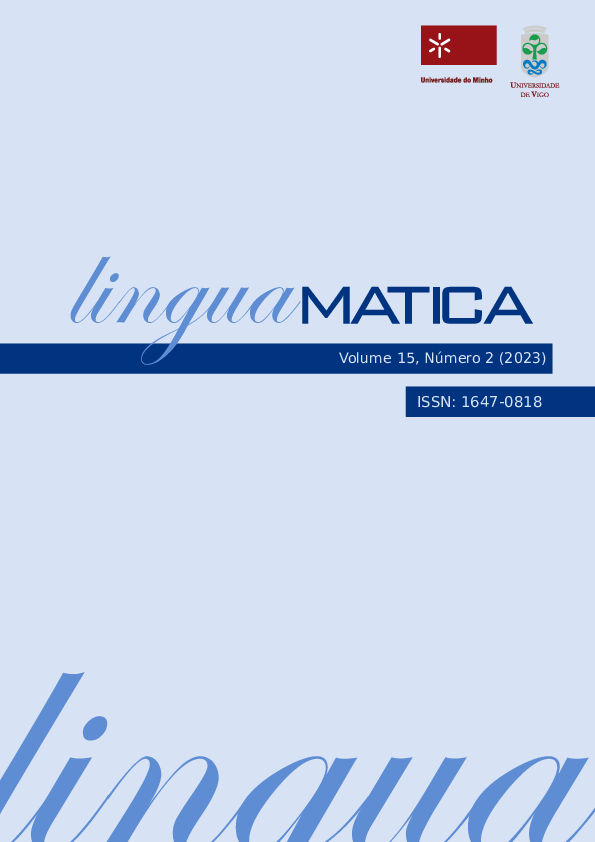A survey of Named Entity Recogntion applied to Portuguese
Abstract
Named Entity Recognition is the task of identifying and classifying Named Entities in a text, such as names of people, places and organizations. This is an important task in Natural Language Processing (NLP), serving as the basis for several tasks, such as automatic translation and question answering systems. Since its emergence in the 1990s, the task has gone through several periods in relation to the computational approach, ranging from rule-based systems to the neural network models.
This article presents a review of the NER task considering applications in Portuguese language texts. It presents an overview of the task, tracing a history of the main initiatives to promote the task, the linguistic and computational resources available and the approaches already applied to NER for Portuguese. Finally, a discussion of the general scenario in which the task is and the final analysis considerations is given.
Copyright (c) 2023 Andressa Vieira e Silva

This work is licensed under a Creative Commons Attribution 4.0 International License.
Authors who publish with this journal agree to the following terms:
- Authors retain copyright and grant the journal right of first publication with the work simultaneously licensed under a Creative Commons Attribution License that allows others to share the work with an acknowledgement of the work's authorship and initial publication in this journal.
- Authors are able to enter into separate, additional contractual arrangements for the non-exclusive distribution of the journal's published version of the work (e.g., post it to an institutional repository or publish it in a book), with an acknowledgement of its initial publication in this journal.
- Authors are permitted and encouraged to post their work online (e.g., in institutional repositories or on their website) prior to and during the submission process, as it can lead to productive exchanges, as well as earlier and greater citation of published work (See The Effect of Open Access).













